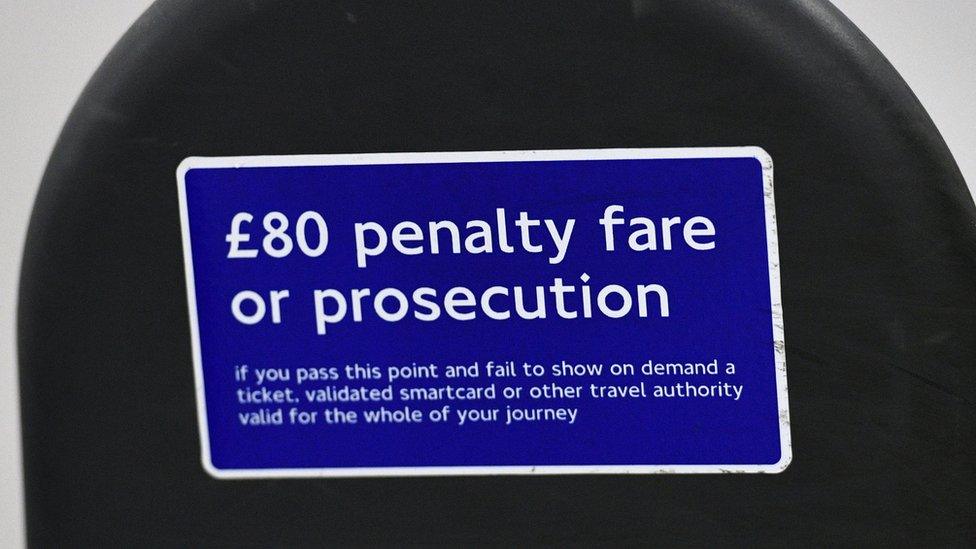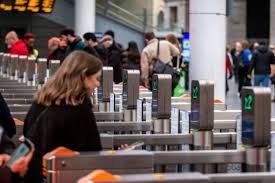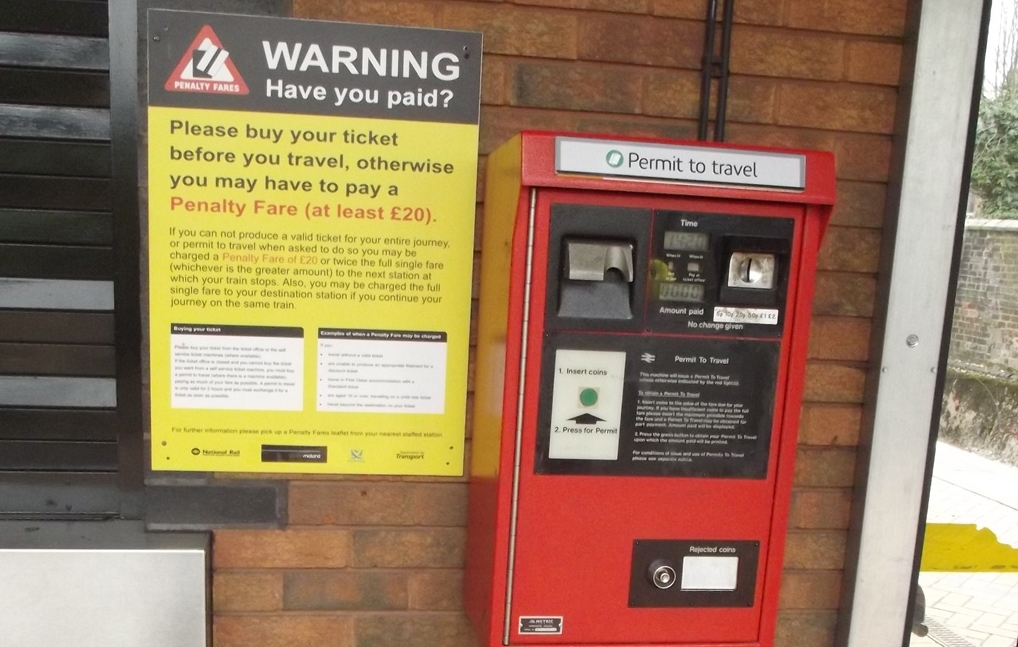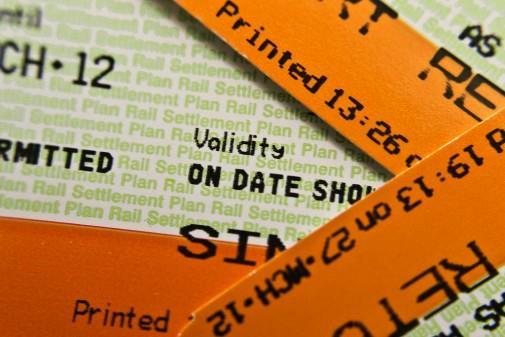Fare evasion can happen for many reasons, from simple oversight to genuine confusion about travel zones or ticketing rules. Regardless of how it arises, a penalty fare notice often follows, leaving the passenger feeling stressed, uncertain, and even unfairly judged. Fortunately, UK transport operators allow travellers to appeal if they believe the fare was wrongly issued. While the prospect of lodging an appeal may feel daunting, many people succeed when they gather the right evidence, communicate calmly, and, in more complex instances, seek professional support.
This article delves into real-life examples of how individuals overturned penalty fares through the appeals process. By examining these success stories, we can pinpoint the strategies and lessons that apply to a variety of fare evasion scenarios. The aim is to empower anyone who feels misjudged or trapped by an unwarranted penalty, showing that a reasoned, proactive approach often leads to a positive outcome.
Understanding Fare Evasion Appeals
The appeals process typically involves writing to the transport operator or an independent adjudicator within a set deadline, often 21 days, after receiving a penalty fare notice. In an appeal, travellers should explain why they believe the fare was issued incorrectly, offering evidence such as receipts, screenshots of online purchases, or even photographs of broken ticket machines.
Appeals are generally evaluated in stages. The first stage is usually a review by the transport operator's own penalty fares department. If the passenger is dissatisfied with the result, some operators provide a second-stage appeal handled by an independent body or a higher-level internal review. Throughout this process, clarity, punctuality, and well-documented details can be decisive factors.
A Misunderstanding of Zones
One passenger was returning from a short trip beyond the usual boundaries of her travelcard. She had meticulously checked the ticket machine upon departure, but on her return journey, she assumed her original travelcard would suffice. During a routine inspection on the train, a revenue protection officer issued a penalty fare notice, insisting she had entered a higher zone without the correct fare.
Feeling certain she had done nothing wrong, the passenger lodged an appeal. She provided:
- A screenshot of the ticket purchase page on her phone (showing confusion over zones and her attempt to buy a valid extension).
- A bank statement proving she had already paid for one extension earlier that day, demonstrating her intent to follow the rules.
- A polite letter explaining she mistakenly believed her pre-purchased extension covered both outbound and return trips.
After reviewing the evidence, the operator concluded the traveller had indeed tried to purchase the appropriate coverage but was tripped up by unclear instructions at the station kiosk. The penalty fare was cancelled. For many travellers, this story highlights that genuine misunderstandings about zones can be remedied if you present proof of good faith and plausible confusion.
A Ticket Machine Malfunction
Another successful appeal involved a commuter who reached his local train station only to find the ticket machine completely out of service. With no staff at the counter and an urgent need to reach his destination, he boarded the train intending to pay at the first opportunity. However, the onboard conductor was preoccupied with other tasks, and the passenger eventually disembarked without having bought a ticket.
Upon discovering a penalty fare notice in the post, he appealed by submitting:
- Photographs of the out-of-order ticket machine clearly showing the date and time.
- A statement detailing his attempt to contact a conductor during the journey.
- Confirmation from a station attendant (obtained later) that the machine had indeed been reported as broken on that date.
The transport operator acknowledged the evidence, recognising that the passenger had no reasonable way to buy a ticket before boarding. This scenario underlines the importance of promptly documenting any technical issues. A single, clear photograph can transform a seemingly weak defence into a credible explanation.
A Concessionary Pass Confusion
In another example, a college student had a valid concessionary pass but did not realise it required regular revalidation. She had renewed it online, but the digital process failed, leaving her pass inactive. When inspectors scanned the card, they flagged it as invalid. The student received a penalty fare, feeling both shocked and embarrassed.
During her appeal, she provided:
- An email receipt confirming she had tried to renew the concessionary card before the expiry date.
- Screenshots of the online renewal portal showing an error message.
- A statement from a parent who witnessed her attempt to complete the online renewal on time.
The operator's review team accepted that the student reasonably believed her pass was current. They concluded that the online error caused the pass to remain inactive, making her situation a genuine oversight rather than deliberate fare evasion. The penalty was waived, highlighting how a few pieces of digital evidence can establish a strong argument in appeals.
Common Threads in Successful Appeals
The success stories above illustrate that while each fare evasion dispute is unique, certain key ingredients often lead to a favourable appeal decision:
Clarity and Organisation
A concise explanation is vital. Passengers who ramble or pepper their appeal with emotional language may dilute their main points. By focusing on the facts, evidence, and relevant dates, travellers can provide a coherent account that is easier for the reviewing officer to understand.
Evidence and Documentation
Every successful appeal revolves around proof, be it photographs of broken machines, bank statements showing a transaction attempt, or emails confirming a pass renewal. Without evidence, a claim of innocence can seem weak. Thorough record-keeping and timely documentation often tip the scales in your favour.
Respectful Communication
Aggressive or accusatory language can undermine even the strongest case. Most travellers who succeed approach the process calmly and politely, inviting the reviewing authority to see things from their perspective. This tone fosters a collaborative rather than adversarial atmosphere.
Consistency
Providing contradictory or shifting explanations damages credibility. An appealing passenger should present one clear narrative that remains consistent from the initial complaint right through any subsequent reviews.
When Professional Assistance Matters
While many passengers handle straightforward appeals on their own, some cases become more complex. Particularly if your penalty fare might escalate into a criminal prosecution or if you have a prior history of unresolved fare notices, seeking advice from a solicitor experienced in fare evasion can be invaluable.
A legal professional may:
- Identify procedural errors by the transport operator that you overlooked.
- Negotiate on your behalf for an out-of-court settlement, especially if you are at risk of prosecution.
- Present a well-structured appeal or defence, ensuring deadlines and requirements are properly met.
Remember, the potential cost of legal advice often pales in comparison to the long-term impact of a criminal record, particularly for individuals in sensitive occupations or on certain types of visas.
Key Takeaways
- Know Your Deadlines: Most fare evasion appeals must be submitted within a fixed timeframe, often 21 days from the date of notice. Missing this deadline can derail even the most valid case.
- Gather Evidence Early: Take photographs, save digital confirmations, and note down the names of any staff members who can corroborate your story.
- Stay Polite and Factual: A calm, respectful tone and straightforward presentation of evidence is more persuasive than anger or blame.
- Consider Legal Assistance When Needed: Repeated or serious allegations might require professional intervention, especially if a court summons is on the horizon.
Conclusion: Achieving Fare Evasion Appeal Success with Confidence and Clarity
Fare evasion penalties can seem intimidating, but real-life success stories show that a well-prepared, evidence-based appeal often resolves disputes in the passenger's favour. Whether it's a misunderstanding over travel zones, a malfunctioning ticket machine, or confusion about a concessionary pass, a reasoned approach supported by credible proof can transform a stressful situation into a positive outcome. By following best practices, documenting every relevant detail, communicating courteously, and seeking legal help when necessary, you can move forward with confidence, minimising financial repercussions and safeguarding your standing as a responsible traveller.



